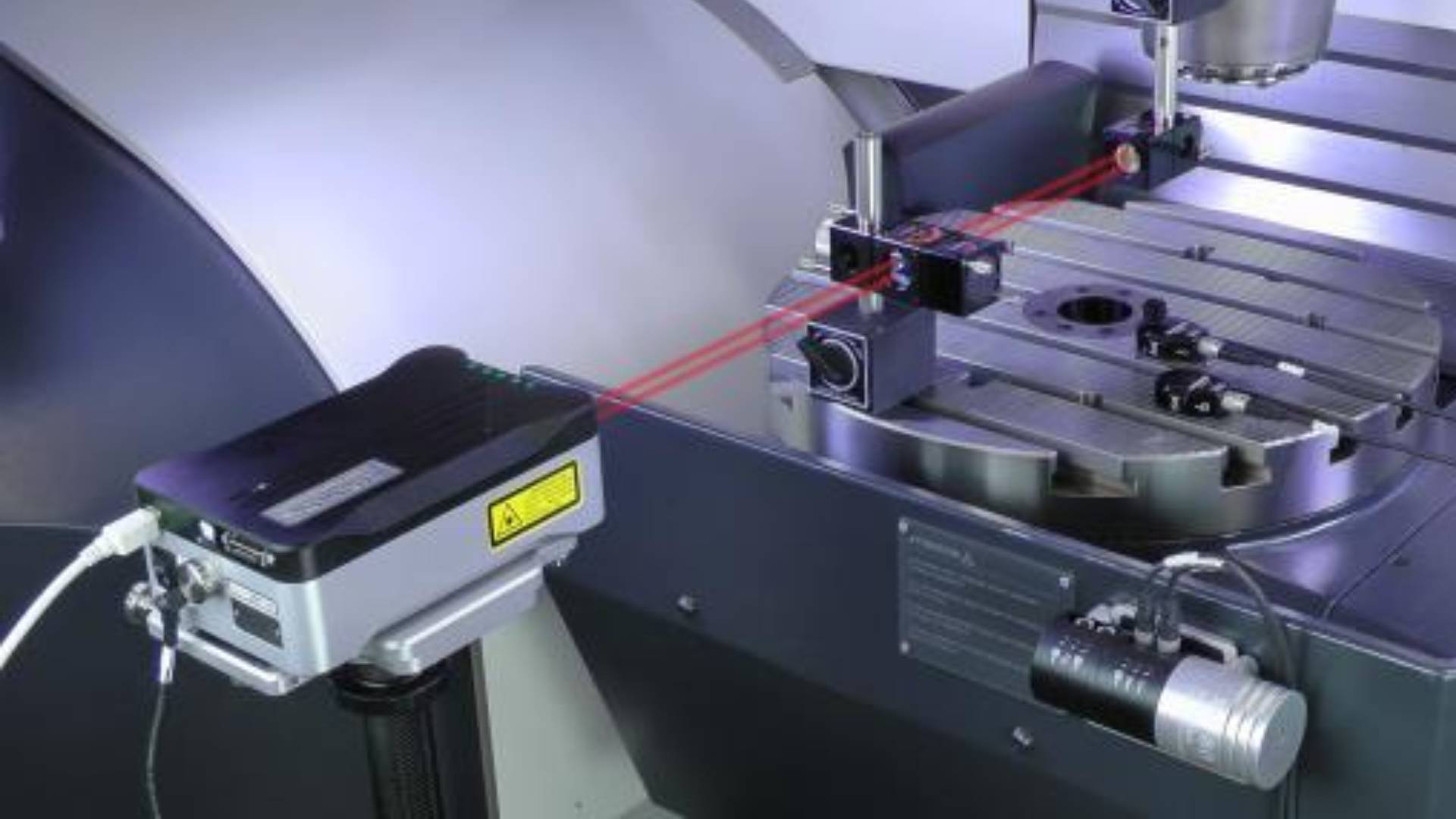High precision measurements using Laser Interferometer
Laser interferometer is a sophisticated optical instrument used for precise measurements of
displacement, distance. Here’s a detailed overview of its purpose and applications:
Purpose of a Laser Interferometer
1. Precision Measurement:
- Displacement: Laser interferometers measure tiny changes in position with
high accuracy. They can detect displacements as small as nanometers
- Distance: They measure the distance between two points with extreme
precision, often used in scientific research and industry.
2. Testing and Calibration:
- Optical Components: Interferometers are used to test and calibrate optical
components such as lenses, mirrors, and surfaces. They help identify
deviations from the desired shape or alignment.
- Machinery and Equipment: They calibrate and test machinery, ensuring
components are manufactured and operate within precise tolerances.
3. Metrology:
- Length Standards: In metrology, laser interferometers provide highly
accurate length measurements, which are essential for maintaining standards
and traceability in various fields.
How It Works
-
Interference Pattern: A laser interferometer works by splitting a laser beam into two
or more beams. These beams travel different paths and then recombine. The
interference pattern created by the recombination is sensitive to changes in the path
length of the beams. By analyzing these patterns, the instrument can measure changes
in distance or displacement with high precision.
-
High Resolution: The use of lasers allows for high resolution and sensitivity in
measurements due to their coherence and monochromatic nature. This means that
even very small changes in distance can be detected and quantified.
Applications
-
1. Industrial Manufacturing: Precision machining and manufacturing processes often
use laser interferometers for quality control and to ensure that parts meet exact
specifications.
-
2. Research Laboratories: In scientific research, they are used for experimental setups
requiring precise measurements of distance and displacement.
-
3. Optical Engineering: They play a crucial role in designing and testing optical
systems, including telescopes and microscopes.
Overall, laser interferometers are invaluable tools in fields that require exceptionally precise
measurements and quality control. Their ability to provide detailed and accurate information
makes them essential in many advanced scientific and industrial applications.
